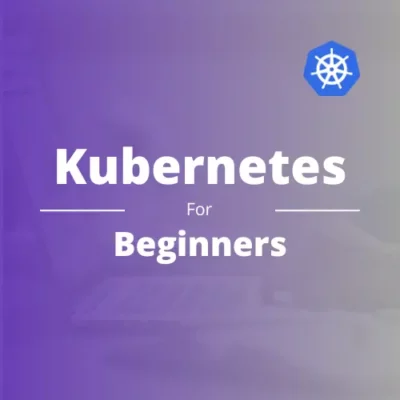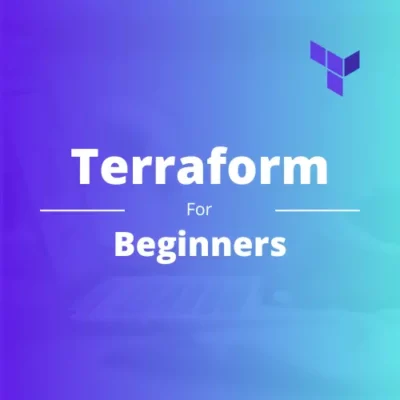This comprehensive "Linux for Beginners" course is designed to provide a solid foundation for individuals new to the Linux operating system. Linux is widely used in various fields, including system administration, software development, and cloud computing. Whether you're a student, professional, or enthusiast, this course is your entry point into the world of Linux.
Overview
Overview
- Understanding Linux begins with grasping its fundamental concepts. Linux is an open-source operating system kernel, known for its robustness and versatility. Users interact with Linux primarily through a command-line interface, providing a powerful environment for system management and automation.
- Familiarity with Linux extends to exploring the diverse landscape of Linux distributions. Distributions, often referred to as “distros,” are variations of the Linux kernel bundled with different software packages. Popular examples include Ubuntu, Debian, Fedora, and CentOS. Each distribution caters to specific use cases, ranging from general-purpose desktop systems to specialized server environments.
- As users delve into the world of Linux, they encounter essential concepts such as the file system hierarchy, permissions, and processes. Understanding these elements is crucial for efficient navigation, file manipulation, and system administration tasks. The file system, typically organized in a hierarchical structure, houses directories and files, and mastering its intricacies is fundamental for effective Linux usage.
- Linux is characterized by its strong focus on security and user permissions. Users learn to manage user accounts, control access to files and directories, and execute administrative tasks using elevated privileges. This emphasis on security aligns with Linux’s reputation as a robust and secure operating system.
Course Features
- Lectures 25
- Quiz 0
- Duration 4 hrs
- Skill level All levels
- Language English
- Students 144
- Certificate Yes
- Assessments Yes
Curriculum
Curriculum
- 6 Sections
- 25 Lessons
- Lifetime
Expand all sectionsCollapse all sections
- Introduction4
- The Command Line3
- File Permissions and Ownership3
- Software & System Management6
- Networking & Security Basics7
- Scripting2






